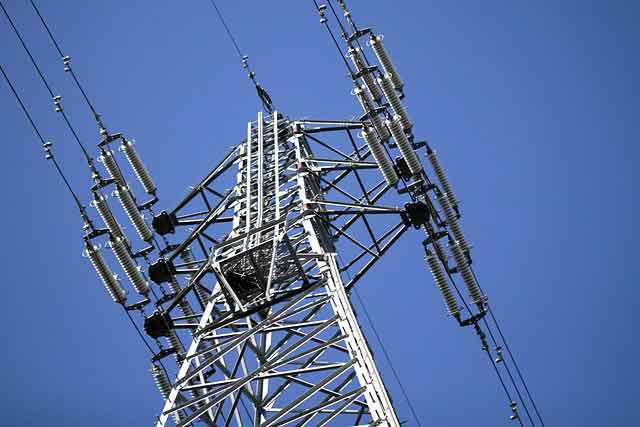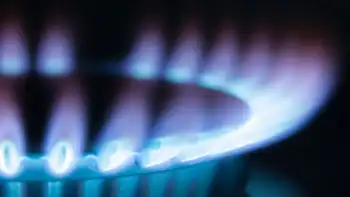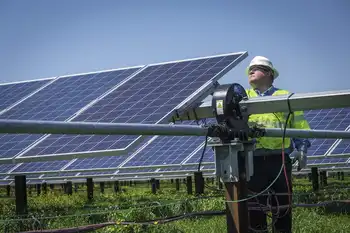A feasible goal for renewable energy in Missouri
MISSOURI - The wind and sun — not dirty coal — should supply a lot more electricity for Missouri’s homes and businesses in the future.
Voters who want to boost the production of these and other clean, renewable energy sources can take a big step toward achieving that goal on Nov. 4.
The Star recommends a “yes” vote that day on Proposition C, also known as the Missouri Clean Energy Initiative.
The plan commits the state to increase renewable energy sources for electricity, trim consumersÂ’ utility bills and slash pollution by coal-burning power plants.
The proposal was placed on the ballot through an initiative petition, led by a progressive effort to boost the stateÂ’s use of wind, solar, biomass, hydrogen fuel cells and other renewable sources.
Proposition C requires the stateÂ’s investor-owned utilities to acquire 15 percent of their electricity from renewable sources by 2021; the current figure is less than 1 percent.
Coal now accounts for 82 percent of the electricity produced by these utilities. That figure could fall to 71 percent by 2021 because utilities would avoid the cost of building many more coal-fired plants.
The objectives are ambitious. For instance, supporters predict the state would have to make a 60-fold increase in wind energy production.
But the goals also appear feasible with the correct future investments by utilities and proper oversight by the Public Service Commission.
A total of 26 other states already have renewable electricity standards. Some are stricter than MissouriÂ’s; others are less strict.
To its credit, Kansas City Power & Light supports Proposition C. The utility, which delivers electricity to hundreds of thousands in the metropolitan area, already has said it intends to invest in more wind farms.
The proposition does have shortcomings.
It could slightly boost consumersÂ’ bills as utilities build solar- and wind-powered facilities. Ultimately, though, customers are expected to have a net benefit with lower bills by 2021.
The utilities also could opt out of producing more renewable electricity if the cost of doing that exceeded guidelines in the plan.
Overall, though, the Clean Energy Initiative would dramatically increase the stateÂ’s supply of clean, renewable electricity.
Related News

European responses to Covid-19 accelerate electricity system transition by a decade - Wartsila
LONDON - Coal based power generation has fallen by over a quarter (25.5%) across the European Union (EU) and United Kingdom (UK) in the first three months of 2020, compared to 2019, as a result of the response to Covid-19, with renewable energy reaching a 43% share, according to new analysis by the technology group Wärtsilä.
The impact is even more stark in the last month, with coal generation collapsing by almost one third (29%) between March 10 and April 10 compared to the same period in 2019, making up only 12% of total EU and UK generation. By contrast, renewables…




